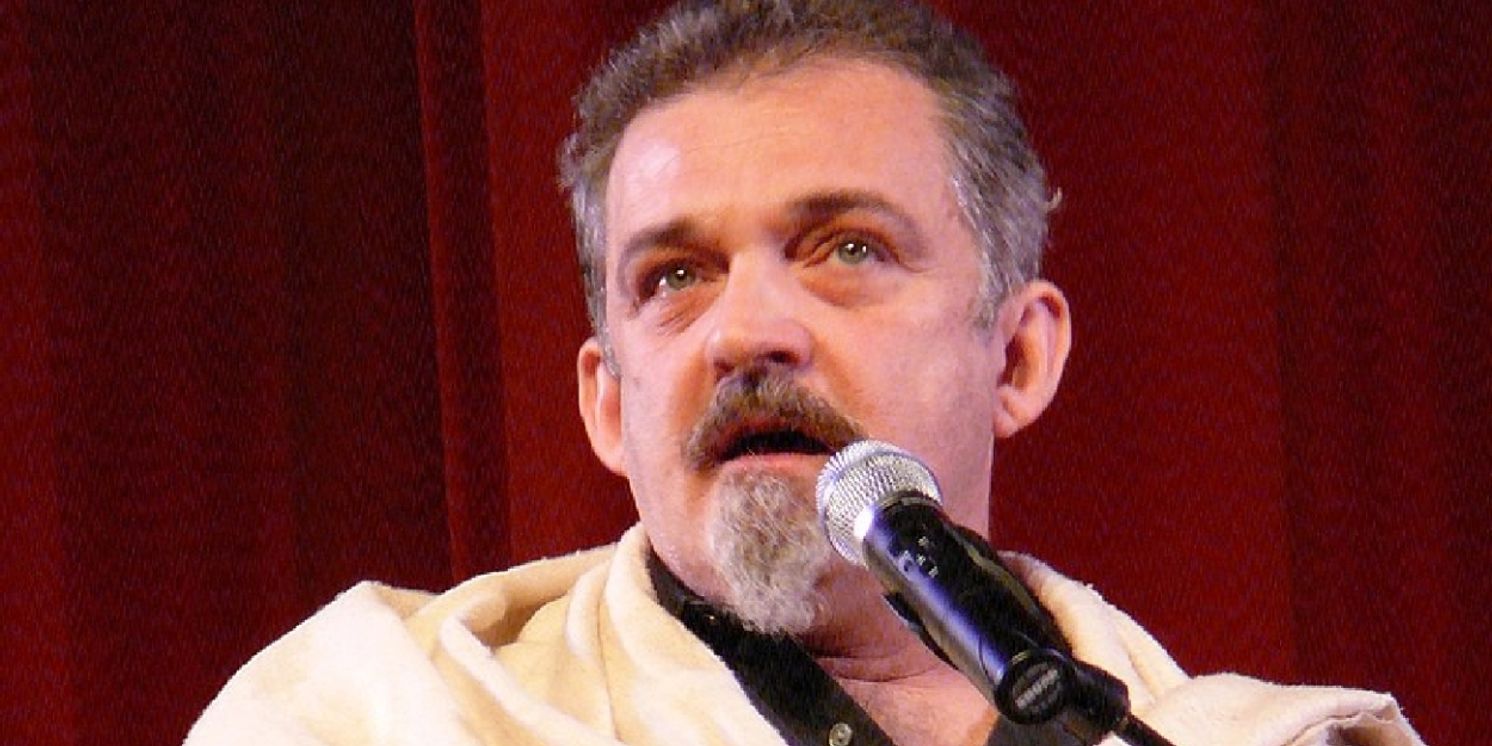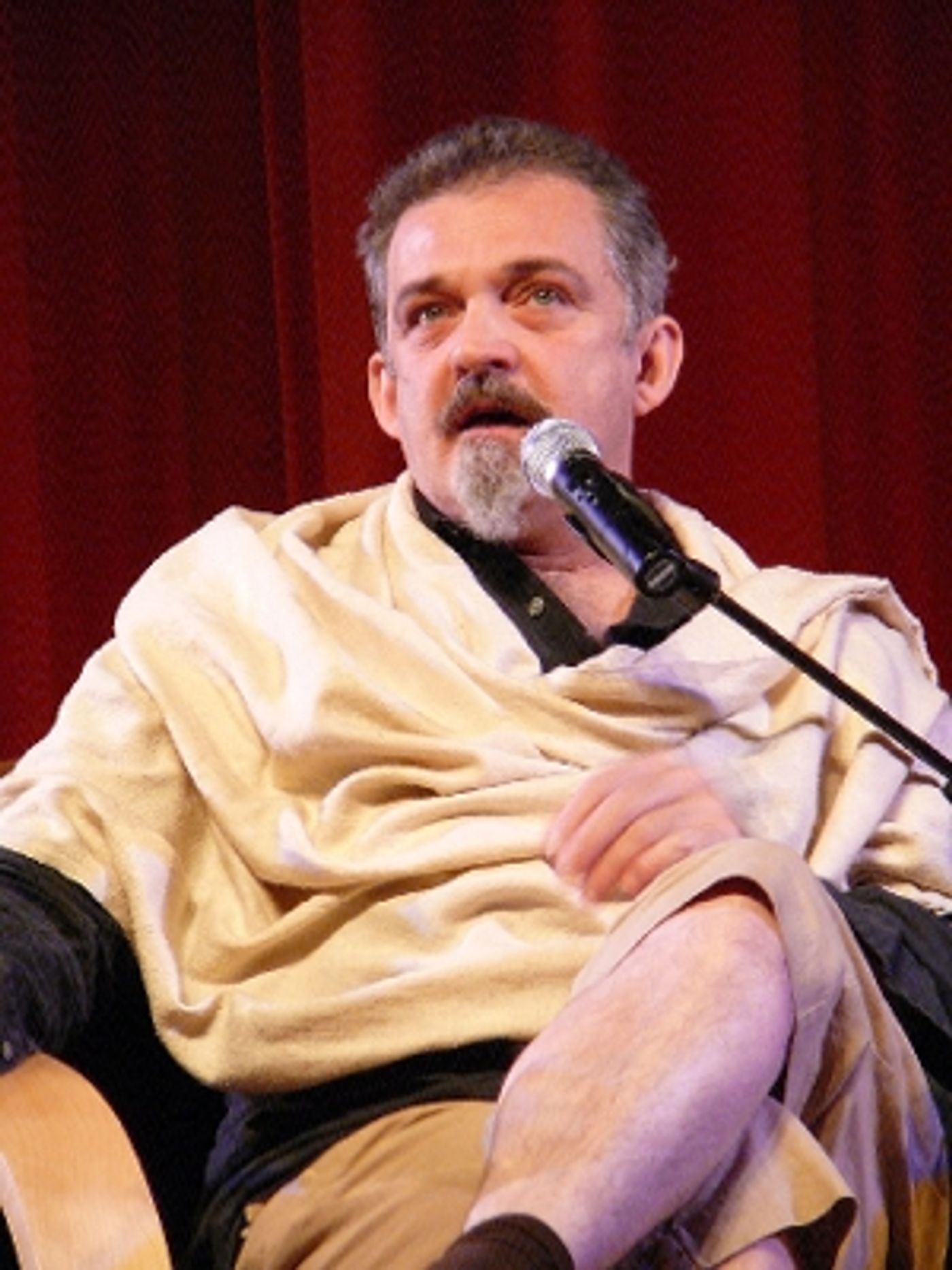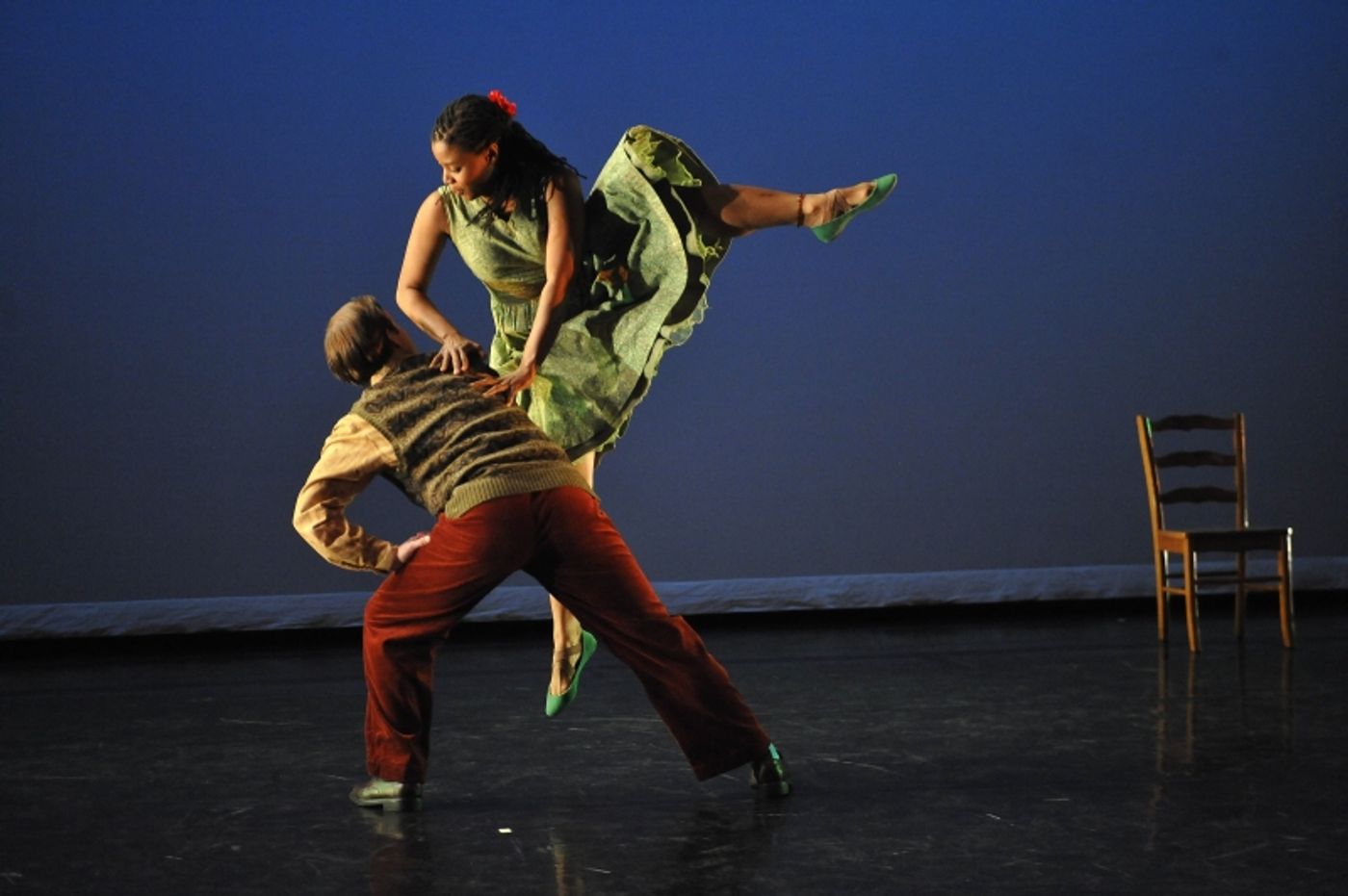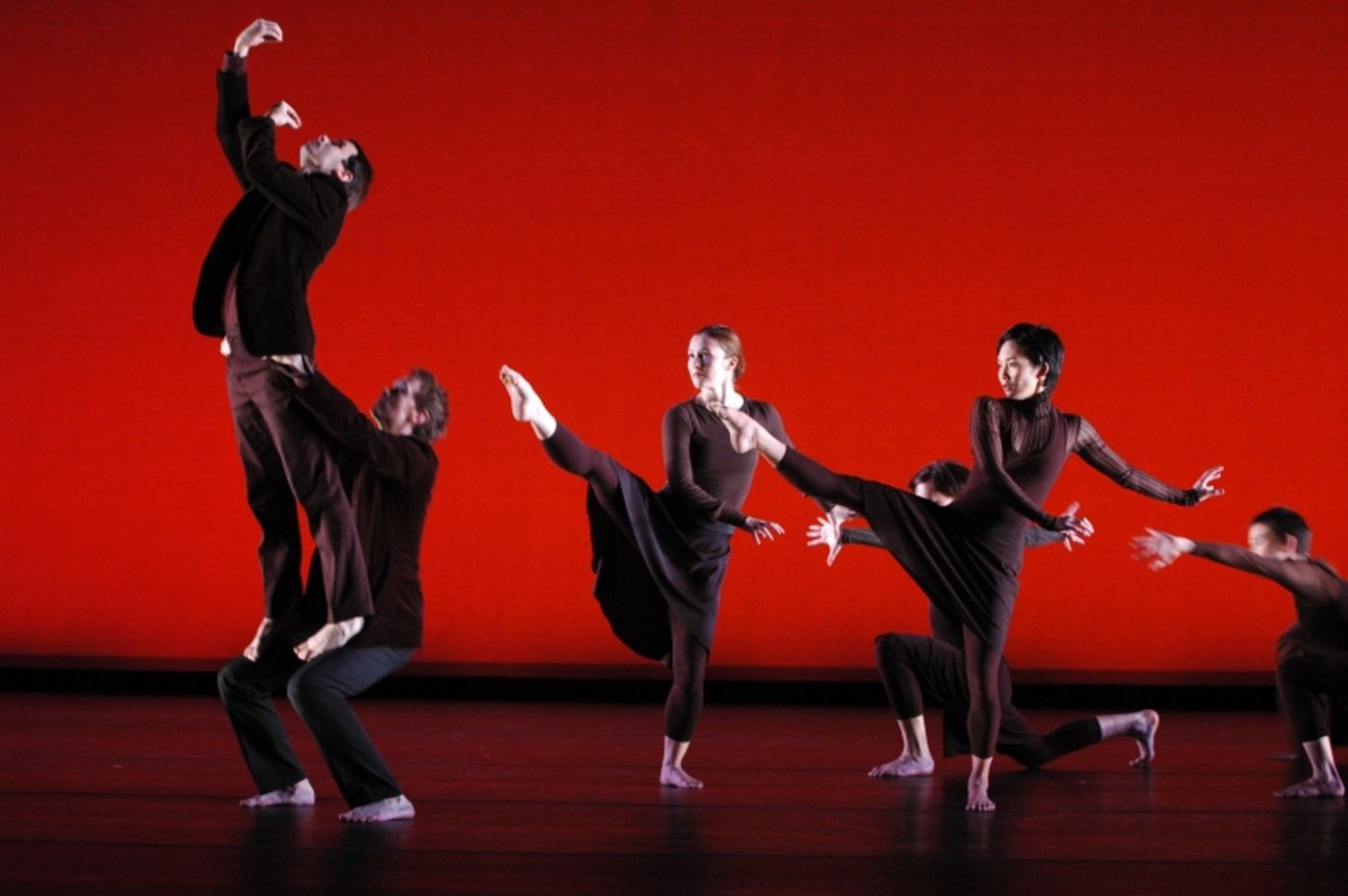Interview: Mark Morris is Not Here to Fix You
As the esteemed choreographer prepares for his Joyce Theatre premiere this August, he reflects on why art is not a “cure all” for the world’s post-COVID ills.


of the Mark Morris Dance Group
It’s mid-July in New York City and it's hot as hell. Mark Morris, whose company, The Mark Morris Dance Group (MMDG), is premiering works new and familiar at The Joyce Theater in Chelsea suggests that audiences should come see these shows “for the air conditioning.”
Morris, 66, invites audiences out of the summer hellscape and into the theater for what he calls a “variety pack of dances” specifically chosen for his Joyce debut. The two-week season running August 1-12th is split into two programs composed of audience favorites and rarely seen pieces, including a world and a stage premiere. The performances, like all Morris productions, feature live music from the MMDG Music Ensemble, a group of musicians who have performed and toured with his company since 1996.
This is Morris's first New York City premiere in more than a year, and a slight deviation from what audiences may expect from his Brooklyn-based company. Morris, whose vibrant creativity, expert musicality and technical mastery has captured audiences since he founded his company in 1980, is best known for his full-length evening performances. These two programs are shorter for practical reasons -- The Joyce can’t accommodate the usual amount of musicians Morris needs and, as a former cinema, has limited stage space -- but are still considered full-length works.
“I think of it as eight different pieces that function as short stories rather than an epic novel,” Morris explains. “What I wanted was for each piece to be fabulous and interesting on its own. That’s what excites me as an artist, when works are different.”

Today, shorter performances of various styles and themes are something of a cultural cachet as live art conforms to the tastes of audiences raised on the internet. While Morris says he has no interest in accommodating “the contemporary short attention span,” he has come to acknowledge a post-COVID ill, which is that larger, evening-length commissions are becoming increasingly rare.
MMDG, like many who rely on in-person events, struggled with furloughs and canceled shows during the pandemic’s worst days. But now, Morris says, it’s an uncertain future that poses the greatest challenge. Audiences, understandably, may still hesitate to pack into a small, poorly-ventilated theater. Producers, recovering from months of lost income, are less likely to take a risk on shows that may struggle to sell out. Hence, perhaps, why Morris is only somewhat joking when he suggests luring audiences in with ice-cold air conditioning.
Morris’s humor guides his approach to creating in our current moment. As a household name in the dance world, certainly, and in broader circles as well, Morris has a kind of cultural ubiquity that demands he sounds off on other aspects of society. While he is aware and informed about what he calls our “political horror show,” the looming threat of climate disaster, rising debts and worsening mental health, he does not view art as a corrective to all of that.
“Art is not palliative,” he says. “It’s not a cure all, it’s not meant to make people feel better. That’s bad art. If you want art to fix you, you should try something else.”

Our world, Morris says, can be so “exhausting and occupying,” and his approach has been to step bravely into the future -- whatever that may look like -- and do what he has always done: focus on the work. By age 14 he had choreographed his first modern piece, and by 15 his first ballet piece. In addition to creating 150 works for his company, he has choreographed for the San Francisco Ballet, American Ballet Theatre, Boston Ballet, and the Paris Opera Ballet. He holds 11 honorary doctorates and even more awards for creativity, artistry and lifetime achievement in the arts. For 40 years now, he has set the tone for originality, authenticity and curiosity with his art.
Looking down from that mountaintop, Morris’s inspiration remains simple: He is intrigued by life. His family introduced him to music, which he considers equally important to any dance he may create. He grew up dancing Flamenco and learned early to embrace world cultures as a representation of all that is possible. Today, New York City, his home since 1976 provides the context for what he brings to its audiences.
“My job and my life aren't that different,” Morris says. “I choreograph, I listen to music, I have this company and that’s it. I don’t know where to go to get away from myself.”
While such an approach can be insular, or isolating, Morris admits, he relies on the community he’s created in his company. Domingo Estrada Jr., 38, has been working with Morris for nearly 16 years and remains as enamored with the artistry as he was the first time he saw MMDG perform. “[Morris] continually creates such interesting work,” Estrada says. “His incorporation of various movement techniques and his humanistic approach to articulating compelling musical selections remains fresh.”
Estrada, and every dancer in the 20-person company, has been -- and will be -- integral to crafting Morris’s legacy. Morris has already begun to create an archive of work that will only be shown after he stops choreographing or after his death. The “Dances for the Future” series is, as Morris calls it, a defense against a legacy that is nothing but “my greatest hits” played over and over like a “museum of old dances.”
In our pandemic-addled world world where amid great tragedy we collectively turned to the arts for solace, Morris’s attempts to provide for the arts community post-mortem almost suggests that art can be healing. If not, it can at least provide a respite from the heat.
Tickets for the MMDG two-week residency at The Joyce Theater are available now.

Videos

